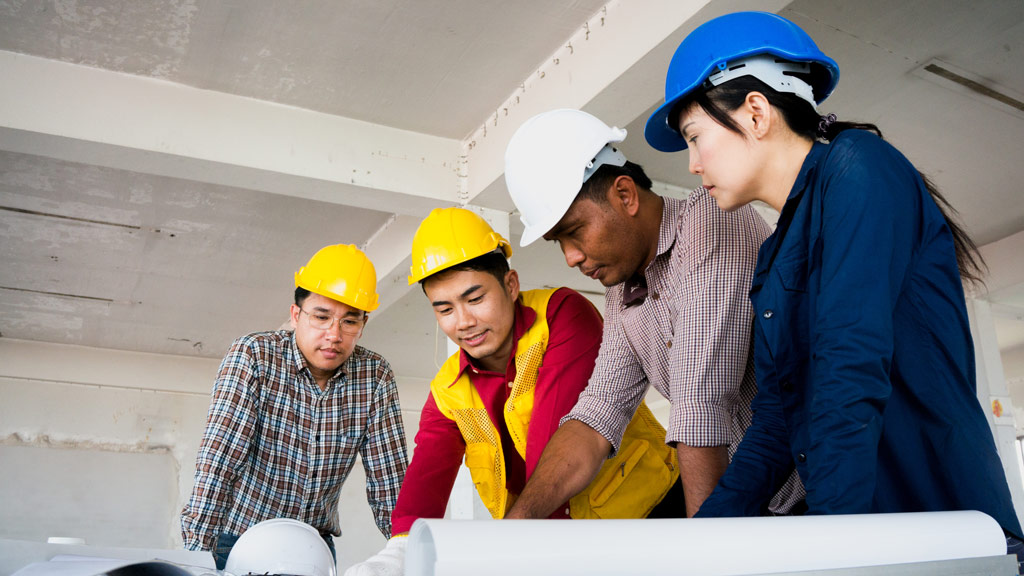A leader in the push for equity and diversity in the construction industry has hope for the future but sees more work ahead to effect change.
Ironworkers’ International director of diversity Vicki O’Leary was both practical and blunt in her Be that One Guy session held at CONEXPO-CON/AGG in Las Vegas recently.
She said women in the industry deserve respect not only because they are 51 per cent of the population but because “there’s not enough white men to do all the work that we have coming, so we’re going to have to start looking at a different way to do business and that’s with women and people of colour.”
The Be That One Guy’ campaign was launched in the wake of a Feb. 14, 2017 incident when carpenter apprentice Udi Hicks in Fresno, Calif. was bludgeoned to death by someone working with her onsite, O’Leary said.
“Social media blew up that night and in talking to women, when I asked, ‘Have you ever been afraid on the job, other than the work we do?’ and the answer was a resounding yes,” she said.
At root, O’Leary said, harassment is a cultural problem.
“We need a cultural shift in construction work. It’s not just the Ironworkers, (but) I’m just very proud they’re willing to stand up and say, ‘we know there’s a problem and we’ve got to fix it,’” she said.
O’Leary said there are ways for co-workers to stop and defuse potentially harmful situations. Direct confrontation isn’t always the answer.
“There’s talking directly to the person who’s harassing and tell them to knock it off, there’s distraction by going up and talking…to get the victim out of the way, there’s checking in after (the incident) and making sure the victim is OK,” she said.
She also pointed to washrooms as an indicator of how conditions on worksites continue to be unfriendly towards women.
“Bathrooms for women are generally either put all the way across the jobsite, which means we have to take longer to go to the bathroom and then are ridiculed because we’ve been gone too long, and then once a month we have a biohazard situation to take care off. It would be nice to have a clean Porta-John to go to that’s just for women,” O’Leary said.
She added poor sanitary conditions affect everyone onsite, not just women.
“We don’t want to take away the conditions that the men have, just get another bathroom, or two or three, so there’s adequate bathrooms for everyone,” O’Leary said.
The person who is most often harassed is one who is perceived as the “weakest link,” and O’Leary said due to the overwhelming majority of men in the industry, they can also face harassment.
“It most likely is (a man) because in the Ironworkers’ it’s 98 per cent men and two per cent women. Predominantly men on those jobs and the one they perceive as the weakest link is the one they beat on, bully and continue to harass,” she said.
In addition to disrupting work and home life, COVID-19 also halted progress in the campaign against harassment, she said.
“COVID sidelined everything. You really can’t change hearts and minds over a Zoom call. You need to be in-person and you need to feel the passion that I feel for this program in order to get how important it really is,” she said. “But now there’s a lot of interest and a lot of people have caught up.”
She also expressed hope a new generation are more willing to change as they enter the workforce.
“I have so much high hope for the next generation coming into construction, because they’re not all about themselves, they’re more about the betterment of everyone. I do think we’ll see this change as we see the boomers exit the industry and these younger people become leaders,” O’Leary said.
For more with O’Leary, listen to The Construction Record podcast here.



Recent Comments
comments for this post are closed